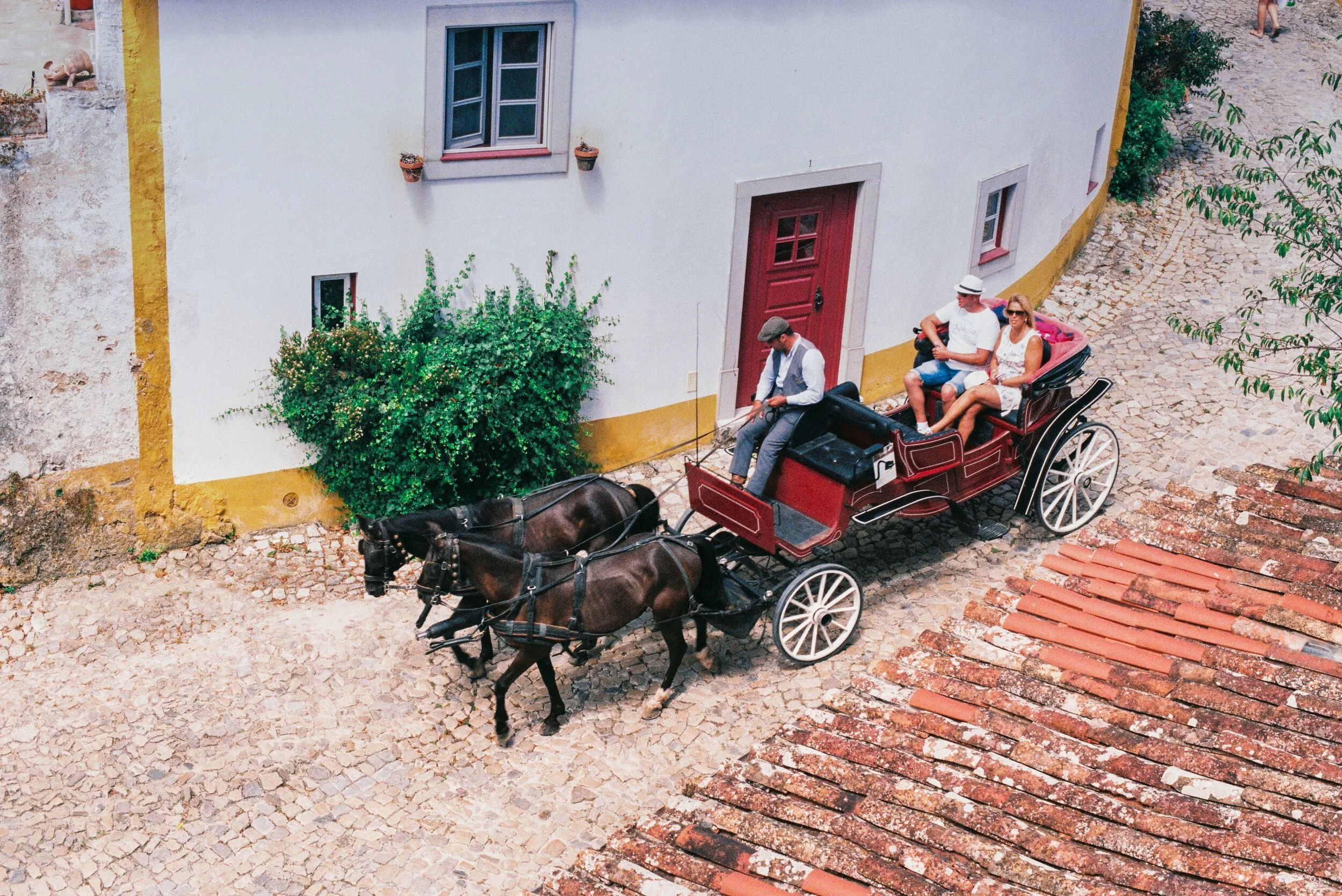How Do I Know If a Tour Company Actually Supports Local Communities?
In [their] Ethical Traveler advice column, [Condé Nast Traveler tackles] the tricky moral dilemmas and questions that arise when traveling during a pandemic.
So many of us travel to expand our horizons, to see new places, to meet new people. But one of the responsibilities of traveling is to “take only photos, leave only footprints,” to minimize the impact our tourism has on local populations near or far. Even better, there are ethical travel companies that aim to have a net-positive impact on locales they tour with travelers. But with loads of tour operators out there and many claiming to do just that, how do we ensure a brand is truly supporting its local communities?
“Responsible travel really starts with where the money goes,” says Jamie Sweeting, VP of Responsible Travel and Social Enterprise at G Adventures. “Is it a net-positive kind of tourism? Are the local people benefiting from your visit?” Don’t be afraid to ask tour operators about their partners like hotels and restaurants, and if they are run and led by locals themselves. For example, consider the tour guides at your destination: Are they hired locally? Are they the right people to tell the stories of that community? Sweeting says, “What really sets operators apart are those that work directly with communities to help them develop tour experiences they can provide to travelers directly.”
It’s important to think smart and do your research: read a tour operator’s website, their mission statement, and their reviews. At the same time, listen to your gut. “Look for sincerity and specifics,” says Lourée Maya, founder of Kynder.net, a platform that features businesses that focus on eco-conscious hospitality. When you’re talking to a tour operator about a possible trip, she recommends treating the chat like a first date: “In a land of greenwashing, and even ‘kindwashing,’ it’s important to trust your intuition with the information you’re given.”
Determining your own values will also help you find an ethical tour operator that shares them. As a way to get started, Sweeting suggests asking yourself, “What charities do I give money to?” If you donate to the World Wildlife Fund, ask a tour company about their partners and their animal welfare practices. If you want to reduce your carbon footprint, look into restaurants that source food and beverages locally as opposed to importing them. By assessing your impact goals alongside your travel goals, you’ll be better equipped to evaluate tour operators you’re considering traveling with.
If you’re unclear on what sustainable travel should look like, Jessica Blotter, the CEO and co-founder of Kind Traveler, a travel booking platform focused on positive local impact, suggests checking out the guiding principles of the Future of Tourism Coalition. You should also ask tour operators or businesses what “ethical travel” means to them. She says that a trustworthy travel business should be upfront and candid: “To be ethical or sustainable, they should be able to have as much transparency and communicate exactly the type of positive impact they are creating locally.” If you’re a numbers person, Blotter recommends asking about specific measurements of impact: the number of local people trained and employed; how much land and marine assets are protected; even the amount of plastics diverted from landfills.
Tour companies should be able to have this information on hand. Marisol Mosquera, the founder and CEO of Aracari Travel, which organizes trips through the Andean region, recently conducted an audit of Aracari’s partner hotels and their sustainable travel practices: “One of the wonderful surprises was that the hotel that is most ethical is the one that talks least about it.” Mosquera says that the partner she was most impressed with, Explora, sources everything locally, implements innovative energy and waste management operations, and even runs a school for local tour guides. She thinks the hotel doesn’t market itself necessarily as an “eco-conscious hotel” because its sustainability strategies are simply part of its core mission. […].
As […] Blotter says, “Sustainability is rarely carried out in isolation.” We travelers are part of that collaboration too. Sure, it can feel awkward to ask about, say, who employs our tour guides or where our dinner comes from. But expressing interest in sustainable practices and holding every facet of the tourism industry accountable to protecting our one Earth only helps to normalize sustainable travel practices, and ensures that the communities in popular travel destinations are cared for – and will continue to welcome travelers with open arms for years to come.
This is an excerpt from an article originally written by Matt Ortile and published by Condé Nast Traveler.


